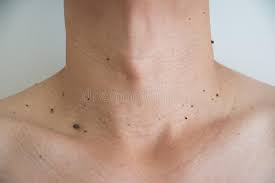
Warts are small, rough growths on the skin that are caused by the human papillomavirus (HPV). There are more than 100 types of HPV, and some of them can cause warts to grow on different parts of the body, such as the hands, feet, and genitals
Causes of Warts:
- Direct Contact: The most common way to contract HPV and develop warts is through direct contact with someone who has the virus. The virus can be passed on through skin-to-skin contact, such as shaking hands or having sexual intercourse.
- Contaminated Objects: HPV can also be spread through contact with contaminated objects, such as towels, shoes, or exercise equipment. If someone with the virus touches an object and then another person touches the same object, they can contract the virus and develop warts.
- Weak Immune System: People with weakened immune systems are more susceptible to HPV and are more likely to develop warts. This includes people with organ transplant recipients, and people undergoing chemotherapy.
- Age: Children and teenagers are more likely to develop warts than adults. This may be because their immune systems are not fully developed, and they are more likely to come into contact with the virus through school or other activities.
- Genetics: Some people may be more genetically predisposed to developing warts than others. This means that if someone in your family has had warts before, you may be more likely to develop them as well.
Warts can be unsightly and uncomfortable, but they are usually not a serious health concern. However, some types of HPV can cause more serious health problems, such as cervical cancer, so it is important to practice good hygiene and protect yourself from HPV. If you have warts that are painful, bleeding, or spreading quickly, you should see a doctor or dermatologist for treatment. There are many effective treatments available, such as cryotherapy (freezing the wart), laser therapy, or topical creams. Your doctor can help you determine the best treatment plan for your individual needs.
While warts can go away on their own over time, some people may want to seek treatment for cosmetic or comfort reasons.
Some modern methods for treating warts:
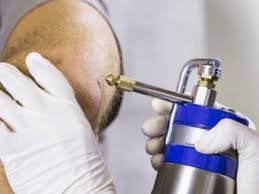
- Cryotherapy: Cryotherapy involves freezing the wart with liquid nitrogen. This causes the cells to freeze and die, and the wart will eventually fall off. Cryotherapy is a common and effective treatment for warts, but it may cause some discomfort or pain during the freezing process.
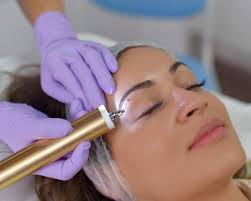
- Laser Therapy: Laser therapy uses a focused beam of light to destroy the wart tissue. The laser beam heats and destroys the cells, causing the wart to eventually fall off. Laser therapy is a quick and relatively painless treatment option, but it may not be effective for all types of warts.

- Chemical Peels: Chemical peels use a combination of acids to dissolve the wart tissue. The acid is applied to the wart and left on for a period of time, after which the wart tissue will peel away. Chemical peels can be an effective treatment option for warts, but they may cause some discomfort during the peeling process.
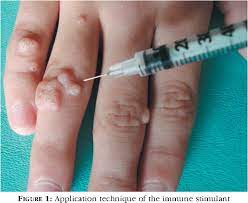
- Immunotherapy: Immunotherapy involves injecting a substance into the wart that triggers an immune response. This can help the body fight off the virus that is causing the wart. Immunotherapy is often used for more stubborn or persistent warts, and it may take several treatments to be effective.
- Surgical Removal: In some cases, warts may need to be surgically removed. This may be done using a scalpel or other surgical instrument. Surgical removal is typically reserved for larger or more severe warts that have not responded to other treatments.
Some people prefer to try natural or home remedies before seeking professional help. Some home remedies for treating warts.
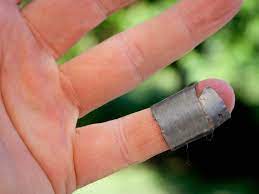
- Duct Tape: Covering the wart with duct tape can help to suffocate the virus and prevent it from spreading. Simply cover the wart with a small piece of duct tape and leave it on for several days. Remove the tape, soak the wart in warm water, and gently rub it with a pumice stone or emery board. Repeat the process until the wart is gone.
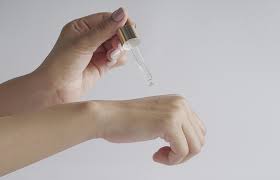
- Tea Tree Oil: Tea tree oil has antiviral and antifungal properties that can help to kill the virus that causes warts. Apply a few drops of tea tree oil to the wart and cover it with a bandage. Leave the bandage on overnight and remove it in the morning. Repeat the process until the wart is gone.
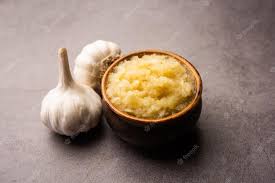
- Garlic: Garlic has natural antiviral and antibacterial properties that can help to fight off the virus that causes warts. Crush a garlic clove and apply it directly to the wart. Cover the wart with a bandage and leave it on overnight. Repeat the process until the wart is gone.

- Apple Cider Vinegar: Apple cider vinegar has acidic properties that can help to dissolve the wart tissue. Soak a cotton ball in apple cider vinegar and apply it to the wart. Cover the wart with a bandage and leave it on overnight. Repeat the process until the wart is gone.
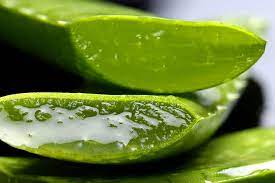
- Aloe Vera: Aloe vera has anti-inflammatory and antibacterial properties that can help to soothe the skin and fight off the virus that causes warts. Apply a small amount of aloe vera gel to the wart and cover it with a bandage. Leave the bandage on overnight and remove it in the morning. Repeat the process until the wart is gone.
While home remedies can be effective for treating warts, it is important to remember that not all home remedies will work for everyone. If you have warts that are causing discomfort or affecting your quality of life, you may want to seek treatment from a dermatologist or other healthcare provider. They can help you determine the best treatment option for your individual needs.
